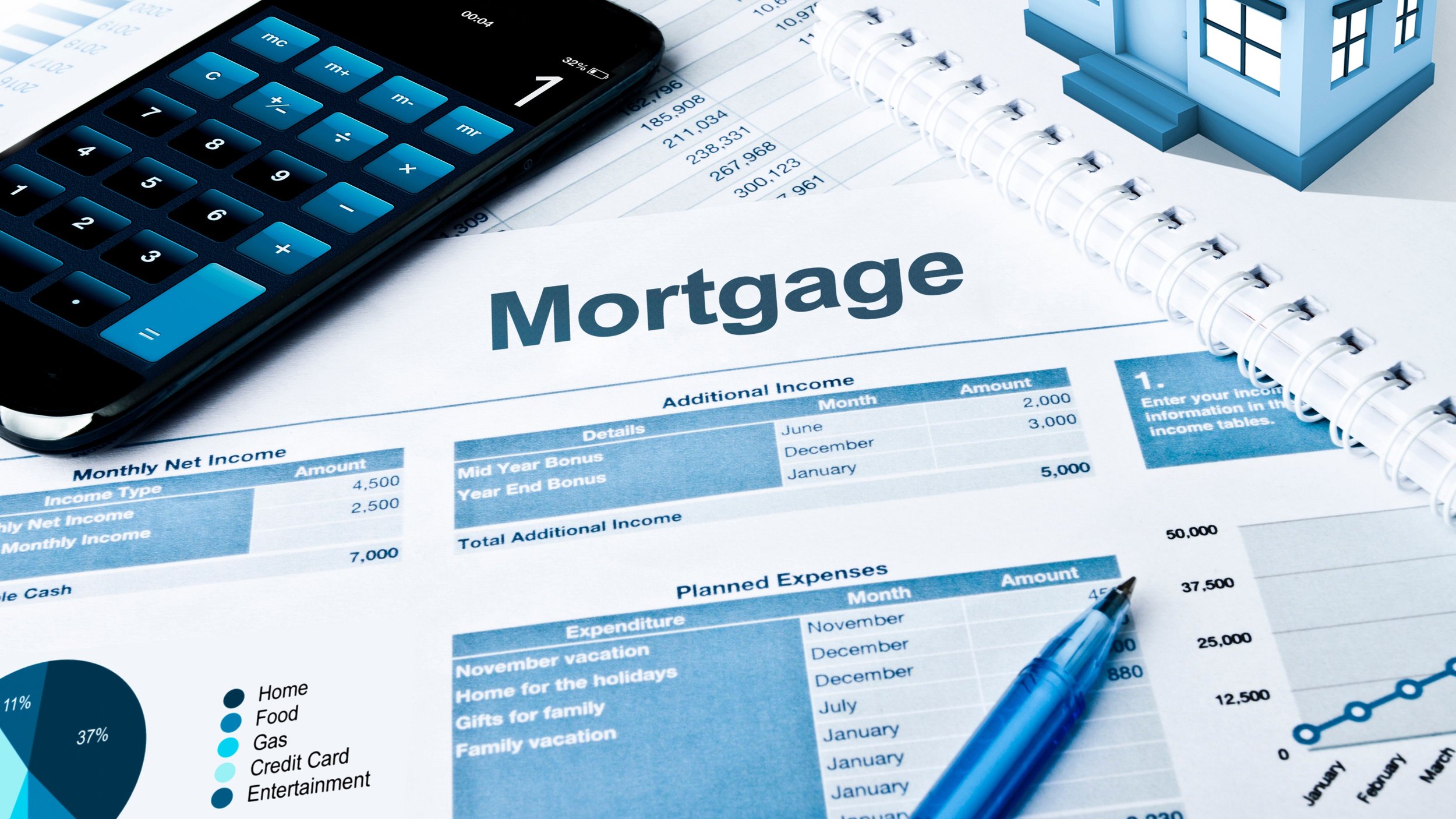You just bought a home, now what?
Congratulations on becoming a homeowner! Owning a home is a significant milestone that comes with a sense of accomplishment and pride. However, it also requires responsibility, effort, and patience. As Real Estate Professionals, we would like to share some insights and tips to help you navigate homeownership smoothly.
Understand Your Mortgage
One of the most significant financial commitments you will make as a homeowner is your mortgage. It is essential to understand the terms of your mortgage, including the interest rate, repayment period, and monthly payments. Be sure to read your mortgage agreement thoroughly and ask your lender or us any questions you have.
It is also essential to make your mortgage payments on time to avoid any penalties or late fees. Set up automatic payments to ensure you do not miss any payments accidentally.
Plan for Expenses Beyond the Mortgage
When you own a home, you are responsible for its maintenance and repairs. From minor fixes to significant renovations, there are expenses you need to account for beyond your mortgage. It is wise to have a home maintenance fund to cover any unexpected expenses that may arise.
Additionally, property taxes, homeowner's insurance, and utility bills are ongoing costs you need to consider. Having a budget and planning for these expenses will help you manage your finances better.
Take Care of Your Home
As a homeowner, it is your responsibility to take care of your home. Regular maintenance and repairs can prevent costly damages down the road. Ensure that you follow a maintenance schedule for your home's major systems, such as HVAC, plumbing, and electrical.
Keep your home clean and well-maintained, both inside and outside. This includes regularly cleaning gutters, trimming trees, and maintaining your lawn. Caring for your home will help preserve its value and ensure that it remains a safe and comfortable place for you and your family.
Build Equity
One of the significant benefits of homeownership is building equity. Equity is the difference between your home's market value and the outstanding balance on your mortgage. As you make mortgage payments, your equity increases, and you build wealth over time.
To build equity faster, you can make additional principal payments, such as paying more than your minimum monthly payment or making an extra payment per year. Additionally, you can increase your home's value through renovations or upgrades.
Keep your records
Keeping accurate and organized records related to your home is an essential part of responsible homeownership. By doing so, you can avoid potential headaches down the line and ensure that you are prepared for any unexpected situations that may arise.
Here are some important documents and records to keep track of:
Purchase and Sale Agreement: This is the document that outlines the terms and conditions of the sale of your home, including the purchase price, closing date, and any contingencies or conditions that must be met.
Closing Documents: These include the settlement statement, deed, and title insurance policy, which are important legal documents that prove ownership of your home.
Home Warranty Information: If you purchased a home warranty when you bought your home, make sure to keep the paperwork in a safe and accessible place.
Home Inspection Reports: These are important documents that detail the condition of your home at the time of purchase, including any repairs that were recommended or completed.
Receipts for Repairs and Improvements: Keep receipts and invoices for any repairs, maintenance, or improvements that you make to your home. This will come in handy if you ever need to prove that work was done, especially if you plan to sell your home.
Insurance Policies: Keep copies of your home insurance policy, as well as any other insurance policies you may have, such as flood or earthquake insurance.
Property Tax Records: Keep track of your property tax bills and receipts, as well as any assessments or valuations that are done on your home.
Additionally, it is wise to have an emergency fund to cover unexpected expenses, such as job loss or medical bills. Having a financial cushion can help you weather any financial challenges that may arise.
Homeownership is a significant milestone that requires responsibility, effort, and patience. By understanding your mortgage, planning for expenses beyond the mortgage, taking care of your home, building equity, getting involved in your community, and planning for the future, you can make the most out of your homeownership experience.
Author: Jordan Gunn
Real Estate Assistant
Andrew Perkins Real Estate
Keller Williams Select Realty







